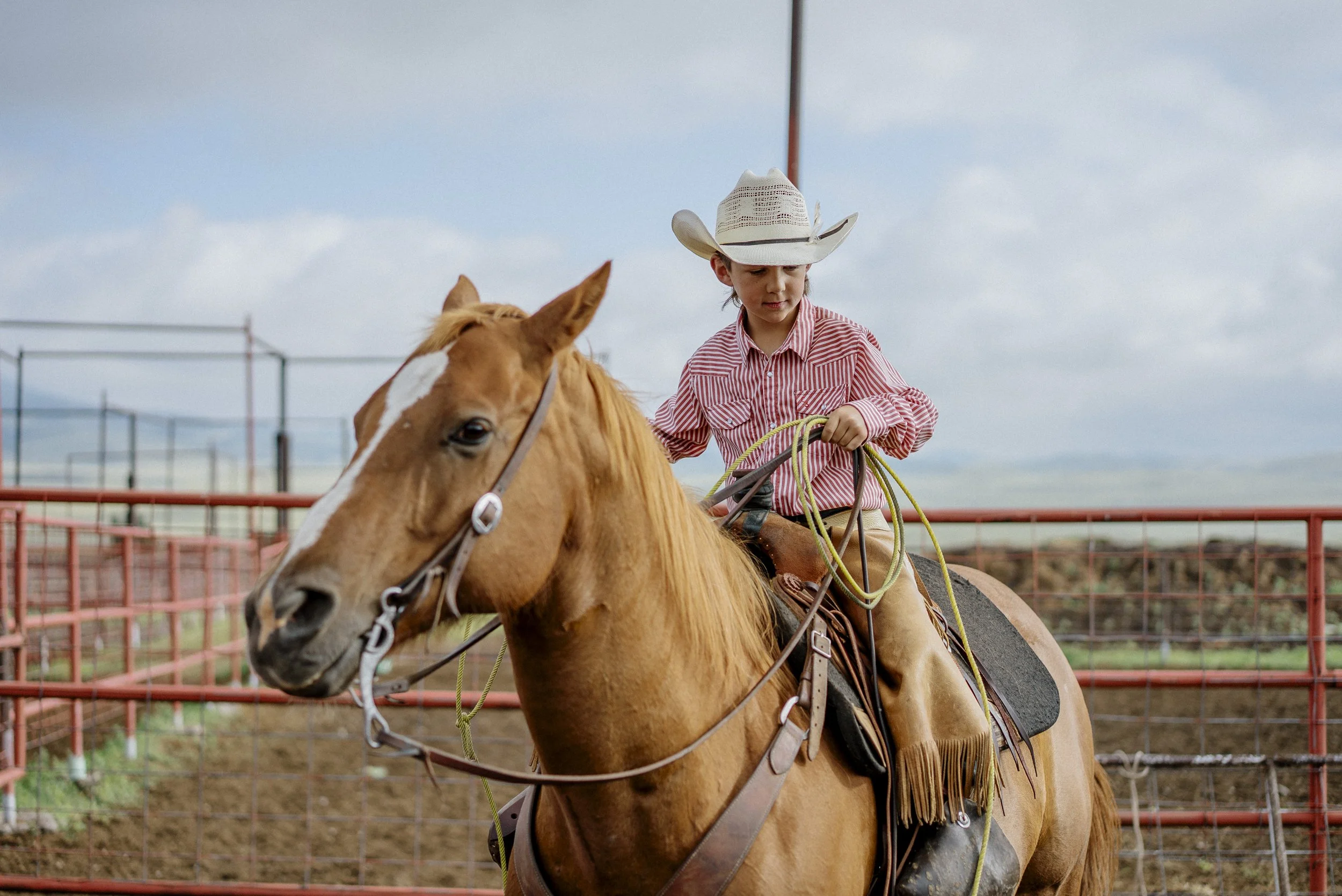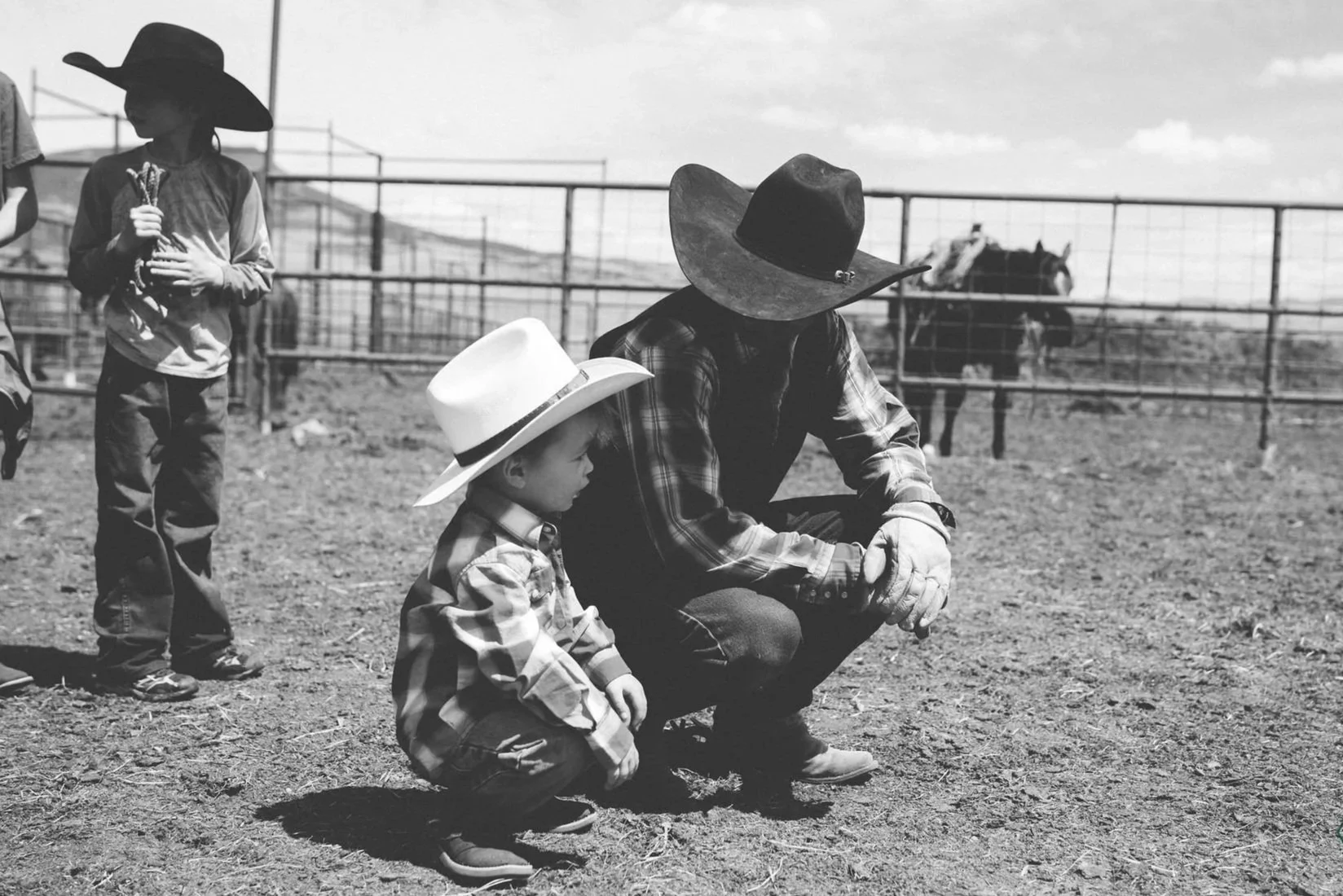Does generational ownership matter?
More than 90 percent of farms and ranches in the United States are family-owned. Does this matter?
A lot of people will tell you yes, this absolutely matters, and we’re inclined to agree with a big fat caveat:
It doesn't matter who owns the operation if it's not well-run.
Family operations are the cornerstone of the American beef business, and many producers are proud to say that they’re 3rd, 4th or 5th-generation ranchers.
On its own, a ranch being historic and a family being in the business doesn’t actually mean much. That doesn't tell me anything about your expertise. It tells us that your family has been in the ranching business in some capacity and that you may have grown up in it too, but it doesn't tell us if your family's ranch is a well-run operation that:
cash flows
treats its employees well
has nice cattle
a business to be proud of
owners/managers who enjoy the work they do
a solid program
a willingness to adapt for the future
a direction, a goal
Or, if it's a poorly-run outfit with:
bad management
a struggling business
high employee turnover
falling-apart infrastructure
an outdated program
(or no program at all)
a "this is how we've always done it" mindset
lots of family drama
owners/managers who don't actually enjoy the work
no vision or hope for the future
We’ve worked on family ranches, corporate ranches, and ranches that fall somewhere in the middle. We've seen really, really good management and really, really bad management. We've seen first-generation cattlemen who are excellent at their job, and people from generational ranching families who are hobbled by what they thought they knew.
Generational ownership doesn't matter if it's not also paired with good management skills, stockmanship, the willingness to adapt and grow, and at least a little affection for the industry. In that same vein, new ranch ownership can be the best thing to happen to a ranch or a community if it’s done right, with the right people in place, the right approach to both business and stewardship, and the right amount of passion.
A strong beef industry is one where we're all working towards a better future and not stagnating with, "Well, this is how we've always done it," or resting on the laurels of the enterprising, hardworking folks who came before us.
When we talk about ranch management at JRC, we don’t talk about control. We talk about culture. And sure, that might sound a little corporate or touchy-feely, but it’s the best way to describe the formal process of ensuring that the values of the business are lived and felt, and evaluating whether they’re productive or not. Culture is active–in the absence of intentionally building a good one, a bad one will fill the vacuum.
The ranches that thrive are the ones where the people running them are treated like professionals, and where leadership, respect, accountability, and pride are the foundation the rest of the business is built on.


